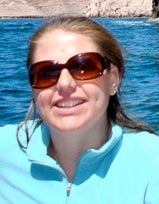Marking a major shift in the public debate over the groundfish fishery in New England, 108 fishermen from the five coastal New England states — representing all sizes of operations and 178 boats — have submitted a letter to their Members of Congress saying that a vocal minority in the industry has for too long dominated the debate over Sector management. This letter says that, in fact, there are many fishermen that want their members of Congress to support stability, profitability and flexibility for their fishery, rather than a return to the “chaos” of the previous management approach.
“A few voices calling for the overturn of the entire Sector system have been amplified in the media, and we understand that our elected officials are trying to respond to their constituents’ concerns,” the groups wrote in a letter addressed to “New England’s Senators and Congressmen.”
“Unfortunately,” the letter states, this has led to a series of increasingly dangerous proposals that truly put the future of our businesses and fisheries at risk. Perhaps too many of us in the active industry have been too busy making the new system work to consistently weigh in. This letter is our attempt to rectify that situation.”
The letter was signed by 108 fishermen affiliated with the Associated Fisheries of Maine; Cape Cod Commercial Hook Fishermen’s Association; Midcoast Fishermen’s Association; Northeast Seafood Coalition; and Rhode Island Commercial Fishermen’s Association. Read More











